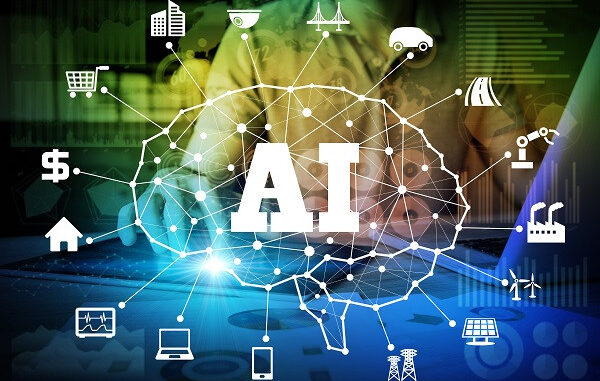
Processing AI algorithms on local hardware, commonly referred to as “edge AI,” involves executing AI computations directly on devices (such as smartphones, IoT devices, or edge servers) rather than relying on centralized cloud servers.
This approach offers several benefits and has been gaining traction across various applications and industries. Here’s a closer look at edge AI and its implications:









### Benefits of Edge AI
1. **Reduced Latency**: By processing data locally, edge AI minimizes the time it takes for information to travel between devices and cloud servers. This is critical for applications requiring real-time responses, such as autonomous driving, industrial automation, and augmented reality.
2. **Bandwidth Efficiency**: Sending large amounts of data to the cloud can consume significant bandwidth, leading to increased costs and potential bottlenecks. Edge AI minimizes data transfer by processing information locally and only sending necessary insights or data to the cloud.
3. **Enhanced Privacy and Security**: Keeping sensitive data on local devices reduces the risk of data breaches that might occur during transmission. Edge AI can process and anonymize data before it leaves the device, improving overall data security.
4. **Offline Capabilities**: Edge AI enables devices to operate even without an internet connection. This is particularly important in remote or rural areas where connectivity may be inconsistent or unavailable.
5. **Resource Optimization**: Local processing allows for faster decision-making and resource allocation in environments such as smart factories, where timely responses can enhance efficiency and productivity.
6. **Energy Efficiency**: Edge devices can be designed to operate on low power, making them suitable for battery-operated devices, such as sensors and wearable technology. By processing data locally, these devices can conserve energy by minimizing reliance on cloud resources.
### Applications of Edge AI
1. **Smart Home Devices**: Voice assistants, security cameras, and smart appliances use edge AI for voice recognition, anomaly detection, and real-time decision-making, operating efficiently without cloud reliance.
2. **Autonomous Vehicles**: Self-driving cars process vast amounts of sensor data in real-time for navigation and obstacle detection, making decisions based on local algorithms to enhance safety and responsiveness.
3. **Healthcare**: Wearable health monitoring devices can analyze biometric data on the device itself, providing instant feedback and alerts without needing constant cloud connectivity.
4. **Industrial IoT**: Manufacturing and logistics benefit from edge AI through predictive maintenance, real-time monitoring, and automated quality control, ensuring seamless operations.
5. **Retail**: Smart shelves and point-of-sale systems leverage edge AI for inventory management, customer insights, and personalized marketing, all while reducing reliance on cloud computing.
6. **Smart Cities**: Traffic cameras and sensors can analyze data locally to manage traffic flow, monitor urban conditions, and enhance city services, contributing to more responsive urban management.
### Challenges and Considerations
While edge AI offers many advantages, there are also challenges to consider:
1. **Limited Processing Power**: Edge devices typically have less computational power than cloud servers, which can limit the complexity of algorithms being used. Efficient model design and quantization techniques are often required.
2. **Model Deployment and Updates**: Managing the deployment and updating of AI models across numerous edge devices can be challenging. Developers must implement efficient ways to ensure that devices are running the latest models.
3. **Interoperability**: Ensuring that various edge devices can work together and communicate seamlessly can be a hurdle. Standardization efforts may be necessary to address this issue.
4. **Data Management**: Deciding what data to process locally and what to send to the cloud requires careful consideration of privacy, efficiency, and relevance.
Overall, edge AI is a transformative technology that enhances the functionality of devices and systems across a variety of fields, enabling smarter, more responsive, and privacy-conscious applications.


Leave a Reply